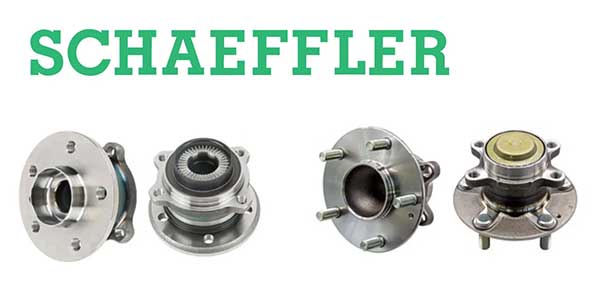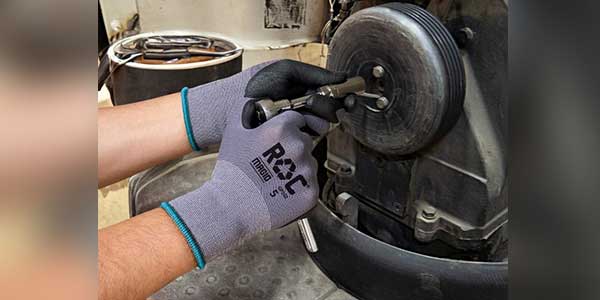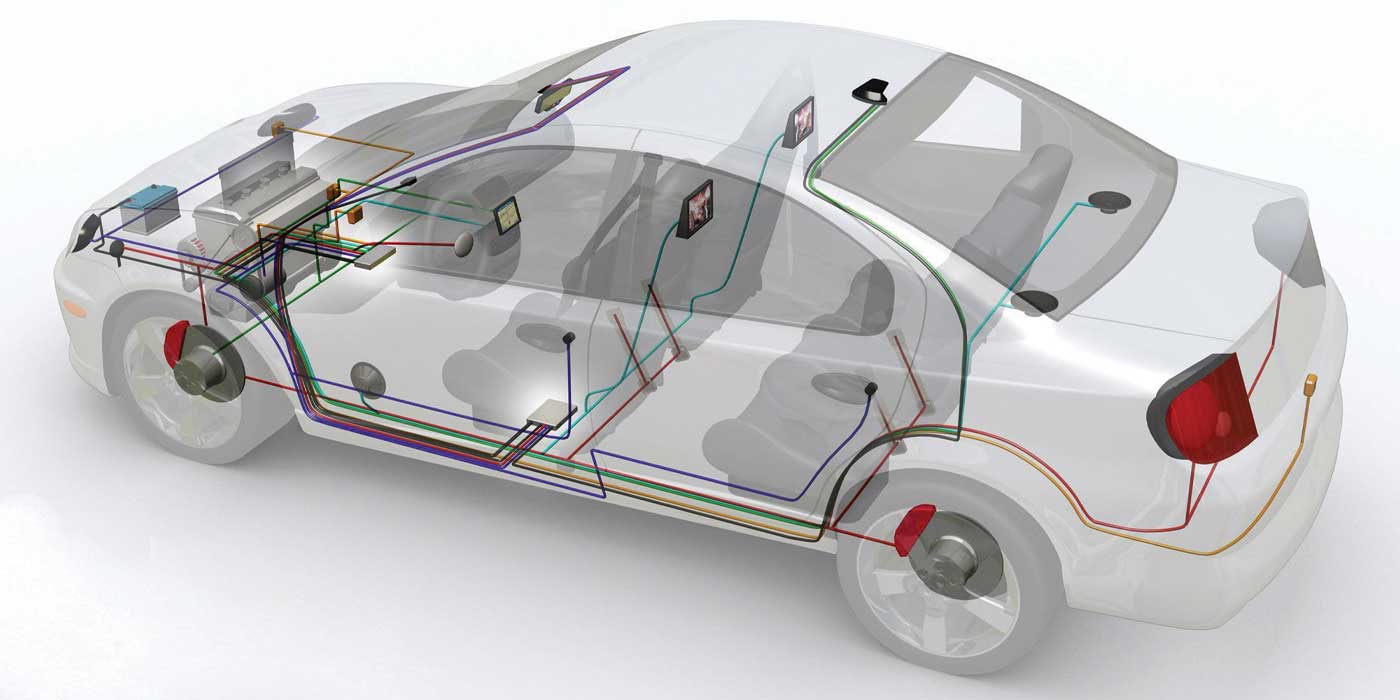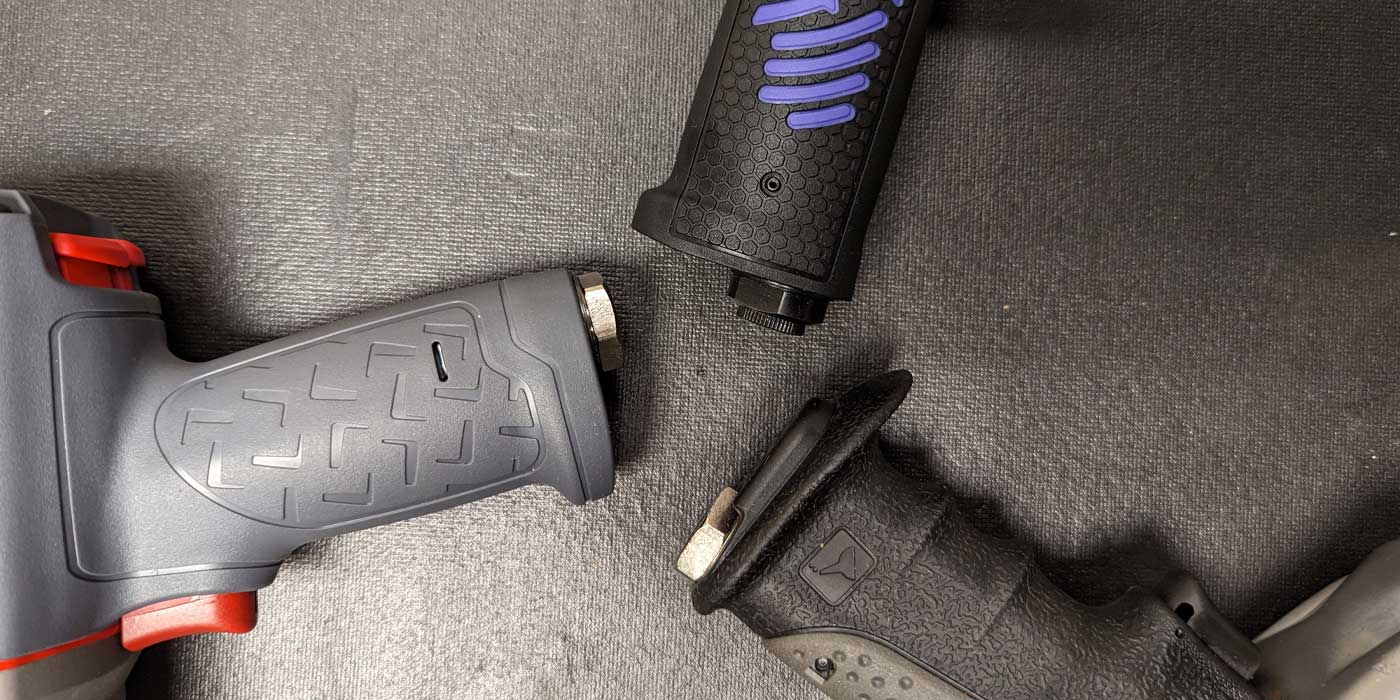Most of you are probably familiar with the three C’s on your repair orders — Condition, Cause and Correction — which are a necessity to complete a repair order correctly, as well as a warranty claim submission. Now, I would like for you to consider using the same three C’s for effectively managing and motivating your technicians.
First, you must determine the condition of your technicians. To do this, start by asking your service director or manager to assess each technician’s individual skill level, based on training and experience. This will accomplish two things: It will determine if they need additional training and it will demonstrate whether they are qualified to perform the work dispatched to them. Next, measure each technician’s productivity for the last 90 days so you can determine if they are performing up to their current skill level. For example, a lube technician will not be as productive as a flat rate “A” level technician, but he may be performing up to his skill level. Finally, you need to compare their performance versus your departmental performance standards and goals.
After these considerations, you’ll have a pretty good idea of who needs help from the management team and who doesn’t.
From our experience, we find that most service departments are performing at around 85 percent technician productivity, with some as low as 65 percent. With our industry benchmark of 120 percent, you may find your department falls short and your manager must determine what is causing your technicians to underperform.
The cause of poor performance isn’t always easy to determine, but the easiest way to get started is simply to sit down in a one-on-one meeting with them and ask: “Why do you think your productivity is below our minimum performance standards?” You might be surprised at what you hear. So, remain open-minded, keep your mouth shut — and listen. You can’t rely on the numbers to tell you everything you need to know to be an effective manager. You must determine what is causing the low productivity.
When I was working with a dealership in the Midwest, a very polite technician walked up to me after a shop meeting and said: “I am the top technician in this shop. I have the most experience, I have the most training and every other tech comes to me when they need help. But, I will never reach 120 percent productivity.” When I asked why not, he responded: “Because all I get to work on is warranty work and I get zero customer pay.”
So, here is a talented ASE Master Certified Technician with a great attitude who never sees a customer pay repair order. The service manager deserved a trip out behind the woodshed! Correcting the cause of this technician’s condition was easy, which brings us to the third C: Correction.
The correction is not always up to the technician. In this case, the dispatch process caused the technician’s condition and, once corrected — in five minutes — his productivity shot up to more than 130 percent. He gave himself a hefty pay raise, produced more gross profit for the dealer and I made a friend for life.
As a dealer or manager, make a habit of asking: “If there was just one thing I could do to make your job more enjoyable and productive, what would it be?”
You’ll be surprised at what you hear. For those of you cringing as you read this, fearful that “compensation” will be the hot topic, guess again. I can tell you from asking that question to thousands of advisors, technicians, cashiers and others that compensation comes up about 5 percent of the time.
Let’s take a look at an example of a large group of service and parts employees who were asked that question. For the past four years I’ve been training a 127-store dealer group in the U.K. who is laser-focused on building fixed operations. I recently trained almost 500 of their employees in a five-day workshop. Attendees consisted of not only technicians, but corporate team members,
general managers, service managers and others. I asked them all “The Question” and to write their answer. Out of 489 responses, about 5 percent responded with a request for a pay raise.
What was the No. 1 response? Equipment.
They told me they needed better equipment, more equipment or their equipment repaired.
Examples included computers, printers, chairs, Internet service, filing cabinets and, of course, all kinds of shop equipment.
Their No. 2 response? Training.
Think about what these 489 employees are telling us. They’re saying, “If you provide me with the proper equipment and train me how to do my job better, I will perform at a higher level and I will enjoy my job a lot more.” Is this making sense to you?
How long has it been since you did an equipment assessment? When was the last time you trained everyone on your service and parts team on how to use their equipment? What about training for effectively communicating with your customers, or how to properly advise every customer of their maintenance needs?
Hold shop meetings with technicians and ask them what you can do as a dealer, GM or service director/manager to make them more productive. Believe me when I tell you, they will be very straightforward and “tell it like it is.”
Technicians are hard-working people with a tough job and, in many cases, are under appreciated. I’d like to ask every dealer, GM and service director: When was the last time you sat down and listened to your technicians? That’s right — you listen, they talk.
Here’s an idea: Every day when you come to work, grab a cup of coffee and stroll down the middle of the service department and say, “Good Morning.” When you’re finished, do the same in the body shop, the detail shop and the parts department. You might just find that, if the employees see that you care, the condition of their attitudes improves, their productivity goes up, absenteeism goes down, gross profit increases to record levels and — holy cow — The dealer gets another pay raise.
Ask the question!
Don Reed














